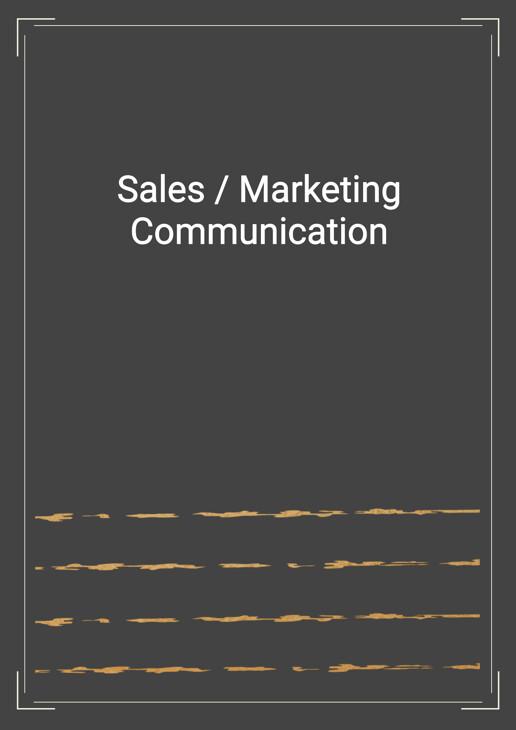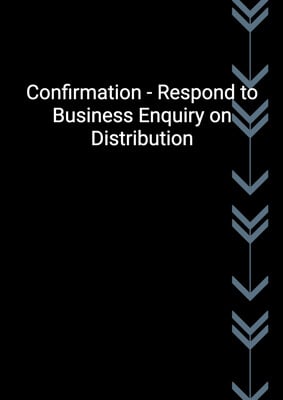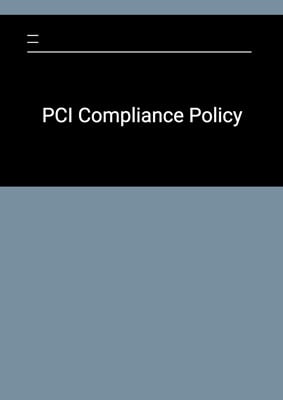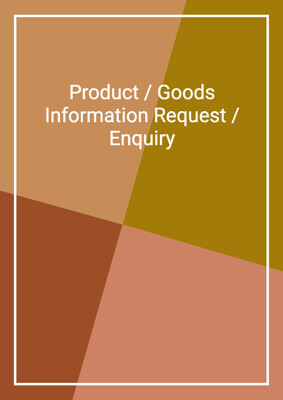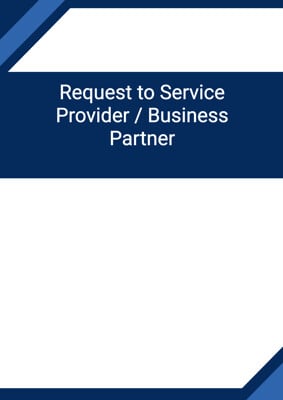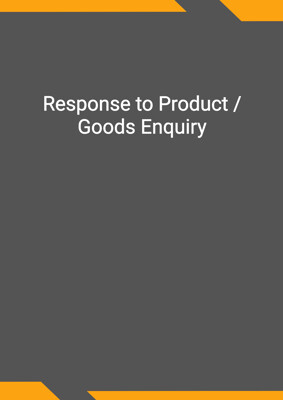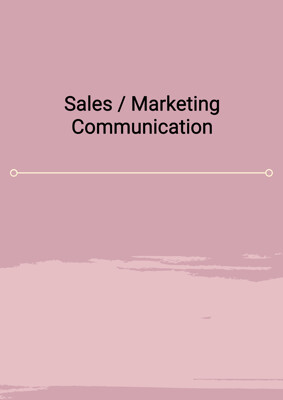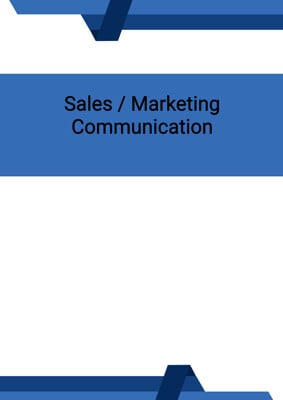How to Tailor the Document for Your Need?
01
Create Document
Click "Create Document" button and the document will be prepared with your account details automatically filled in.
02
Fill Information
Please fill in any additional information by following the step-by-step guide on the left hand side of the preview document and click the "Next" button.
03
Get Document
When you are done, click the "Get Document" button and you can download the document in Word or PDF format.
04
Review Document
Please review the document carefully and make any final modifications to ensure that the details are correct before publication / distribution.
Document Preview
Document Description
The document titled 'Sales / Marketing Communication' is an important guide that provides 10 safety tips for international travelers. In today's world, where uncertainty, divisions, wars, terrorism, social unrests, crimes, and violence are prevalent, international travel can be anxiety-inducing. This guide aims to prioritize the safety of travelers by offering valuable advice and precautions.
The entire document begins with a personalized greeting and emphasizes the primary concern of the account job company, which is the safety of their customers. It highlights the importance of the guide in providing essential information to ensure a safe and secure travel experience.
Each section of the document focuses on a specific safety tip and provides detailed instructions. The first section advises travelers to consult their country's travel advisory websites and provides specific examples such as the U.S. State Department advisories and the U.K. Foreign & Commonwealth Office advisories. It also suggests enrolling in registration services for outbound travel information updates.
The second section emphasizes the importance of researching traveler's reviews and local information about the destination. It advises travelers to avoid areas with high crime rates and provides guidance on finding safe neighborhoods to stay in.
The third section highlights the necessity of carrying a mobile phone with emergency contacts. It suggests purchasing a local SIM card or activating the roaming function and provides a list of essential emergency contacts such as the nearest embassy or consulate and local emergency departments.
The fourth section emphasizes the importance of making copies of important documents such as passports and driver's licenses. It advises against carrying original documents and suggests either carrying hard copies or saving scanned copies on a phone.
The fifth section advises against hailing taxis off the street and recommends having the hotel arrange transportation. It also suggests using ride-sharing apps like Uber and emphasizes the importance of carrying the hotel's business card for communication purposes.
The sixth section focuses on personal safety and advises against wearing expensive jewelry or anything that may draw attention. It suggests blending in with the locals, avoiding reading or carrying maps openly, and using protective clothing or money belts to prevent pickpocketing.
The seventh section emphasizes the need to stay informed about world events and keep friends and family updated. It suggests checking international news for any sudden events and sharing itinerary details with loved ones. Regular check-ins through telephone or instant messaging are also recommended.
The eighth section advises travelers to be cautious of their surroundings and approaching strangers. It warns against giving cameras or phones to strangers and suggests being discreet when looking at maps. It also encourages engaging with locals but exercising good judgment when talking to strangers.
The ninth section focuses on hotel safety and advises locking hotel rooms, being wary of public Wi-Fi, and avoiding banking or credit card transactions on insecure networks. It suggests using personal hotspots for secure internet access.
The tenth and final section advises avoiding sensitive sites and public events. It warns against photographing sensitive locations and encourages vigilance in crowded areas or when approached by a group of people.
In conclusion, this document provides a comprehensive guide for international travelers, addressing various safety concerns and offering practical advice. By following the ten safety tips and using common sense, travelers can ensure a safe and enjoyable travel experience.
How to use this document?
1. Consult travel advisory websites: Check your country's travel advisory website or reputable sources like the U.S. State Department advisories or the U.K. Foreign & Commonwealth Office advisories. Register for outbound travel information updates.
2. Research traveler's reviews and local information: Read up on traveler's reviews for your destination and identify any potential dangers or areas to avoid. Research safe neighborhoods and choose accommodation accordingly.
3. Carry a mobile phone with emergency contacts: Ensure your mobile phone can be used locally and activate roaming or purchase a local SIM card. Save emergency contact numbers for the nearest embassy or consulate, police station, and other local emergency departments.
4. Make copies of important documents: Avoid carrying original passports and important documents. Either carry hard copies or scan and save them on your phone.
5. Arrange transportation through the hotel: Have your hotel arrange transportation to ensure records of drivers. Consider using ride-sharing apps like Uber. Carry the hotel's business card for communication.
6. Be mindful of personal safety: Avoid wearing expensive jewelry or clothing that attracts attention. Blend in with the locals and avoid openly displaying maps. Use protective clothing or money belts to prevent pickpocketing.
7. Stay informed and keep others updated: Stay updated on world events and share your itinerary with friends and family. Regularly check in through telephone or instant messaging.
8. Be cautious of surroundings and strangers: Avoid giving cameras or phones to strangers. Be discreet when looking at maps and approach people carefully for directions. Exercise good judgment when interacting with strangers.
9. Ensure hotel room security and avoid public Wi-Fi: Store passports and valuables in the hotel safe. Lock and dead-bolt the door when in the room. Avoid using hotel or public Wi-Fi for banking or credit card transactions.
10. Avoid sensitive sites and public events: Steer clear of crowds, protests, and social unrest. Refrain from photographing sensitive locations. Stay vigilant in crowded areas and be cautious when approached by groups of people.
By following these steps, you can ensure a safe and secure travel experience. Remember to use common sense, be aware of your surroundings, and exercise caution. If you need any assistance with booking, travel advice, or travel insurance, feel free to reach out to us. We are here to help.
Not the right document?
Don’t worry, we have thousands of documents for you to choose from:
